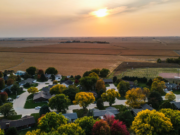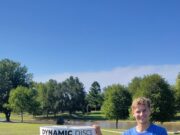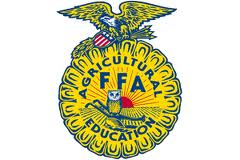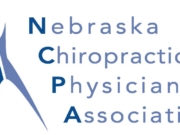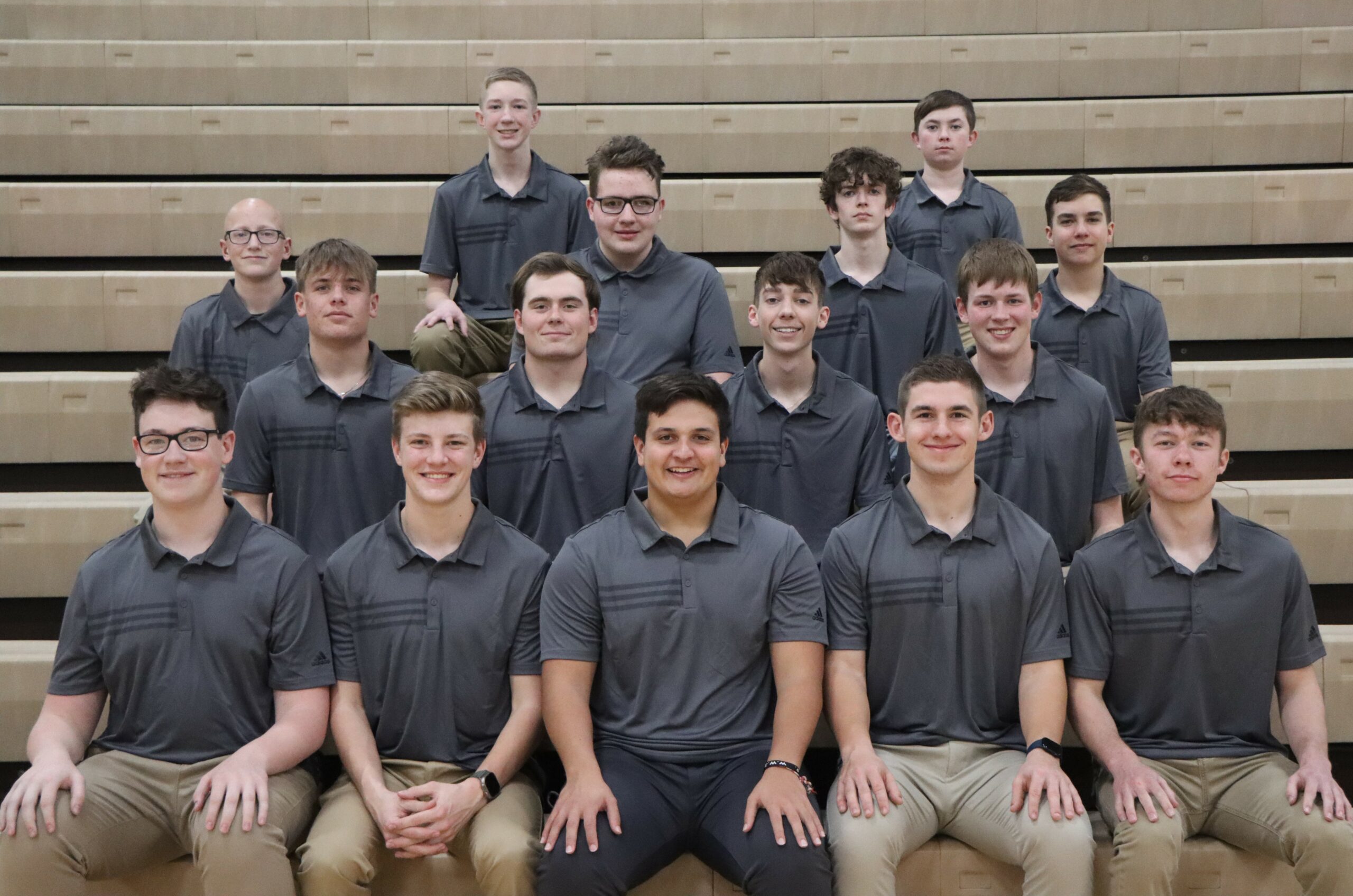Upcoming Events
Mar. 20:Â Kiwanis and SCCDP Ag Banquet, 5:30 p.m. Social Hour, 6:30 Prime Rib, 7 p.m.Program, Seward Co. Ag Pavilion Fairgrounds, Tickets: 402-643-3636.
Mar. 20-23:Â York County Farm Service Agency Open House, 9am-4pm, York Service Center
Mar. 21:Â Master Gardener Training, 6:30-9 p.m., Extension Offices York 402-362-5508 and Clay 402-762-3644
Mar. 22:Â Chemigation Training, 1:00 p.m., 4-H Building in York, 402-362-5508
Mar. 22:Â Pesticide Training, 1:30 and 6:30 p.m., Adams Co. Fairgrounds, Hastings,ron.seymour@unl.edu
Mar. 23:Â Pesticide Training, 9 am, Hall Co. Extension, Grand Island
Mar. 23:Â Farming with Beneficial Insects, 9am-4pm, ARDC near Mead, http://go.unl.edu/w2jt
Mar. 23:Â Emerald Ash Borer Workshop, 5:30-7:00 p.m., Civic Center, Seward, no charge, RSVP to 402-643-2981
Mar. 25: Dewey Lienemann Retirement Event, 2:00 – 4:00 pm, BBQ and Dance 5:00 pm– ??? Webster Co Fairgrounds, Bladen, NE
Mar. 30:Â Emerald Ash Borer Workshop, 5:30-7:00 p.m., Fairgrounds, Clay Center, no charge, RSVP to 402-762-3644
Apr. 10-12:Â Water for Food Conference, Nebraska Innovation Campus, http://go.unl.edu/p9rd
Apr. 11:Â Pesticide Training, 1:30 and 6:30 p.m., Hruska Library, David City,mrethwisch2@unl.edu
Apr. 12: Heuermann Lecture “Water and Global Issuesâ€, 4:00 p.m., Nebraska Innovation Campus or live-stream: http://heuermannlectures.unl.edu/
May 30-21:Â Youth Tractor Safety Class, 8am, Kearney Fairgrounds (308) 236-1235
July 10-11:Â Youth Tractor Safety Class, 8am, Grand Island College Park (308) 385-5088.
Master Gardener Training: Tuesday evenings 6:30-9 p.m. from February 7-March 21 at York and Clay County Extension Offices. Please RSVP to jrees2@unl.edu or 402-362-5508 for attending in York or Deanna Peshek at 402-762-3644 to attend in Clay.
Farm Finance Clinic Sites and Dates To sign up for a clinic or to get more information, call Michelle at the Nebraska Farm Hotline at 1-800-464-0258.
Emerald Ash Borer Meeting York March 16, Seward March 23, Clay Center March 30: Last summer, numerous questions were received at the Extension Office after the discovery of emerald ash borer in Nebraska. To aid homeowners, city workers, and tree care services with their questions, correct identification, and determination of which trees to treat, emerald ash borer programs will be held in York at the 4-H Building (March 16), Seward at the Civic Center (March 23), and Clay Center at the Fairgrounds (March 30). A light supper will be served from 5:30-6pm at all locations with the program running from 6-7pm.  There is no charge for these programs, but please RSVP to the local Extension Office to ensure for enough food and materials. RSVP to (402) 362-5508 in York Co; (402) 643-2981 in Seward Co; and (402) 762-3644 in Clay Co.Â
Winter Programs: Winter programs are nearing the end and the past few months have flown by. It’s been a good winter of meetings seeing many familiar faces and meeting many new people! I’m truly blessed to have the opportunity to serve you and to have built many wonderful relationships over the years.
The take-homes from pesticide trainings were: reminder to keep ourselves, our families, and everyone working in our ag operations safe by wearing proper personal protective equipment, reading labels, and slowing down; the opportunity to be proactive with controlling palmer amaranth; and understanding modes of action and taking a system’s approach to the chemicals we use in our ag operations.
I also shared about on-farm research in many programs this winter. On-Farm Research (http://cropwatch.unl.edu/farmresearch) is the ability to answer your questions as to if a particular product or practice will work on your operation using your equipment and collaborating with Extension where we design the study to scientifically answer your questions. My goal is to work with more farmers this year via on-farm research to answer the questions you have on your farms. Some projects that we currently have protocols/interest in include: Project Sense for in-season variable rate N management; UAV/drone imagery project; Side-dress nitrogen recommendation tools (Maize N, Climate FieldView, Encirca, etc); Variable rate nitrogen by variable rate seeding study; Variable rate seeding by zones; AnnGro (applied with UAN during fertigation); and United Soybean Board funded studies (soy populations, soy row spacing 15 vs 30†rows, Priaxor fungicide in furrow, starter vs. no-starter). If any of these are of interest to you, please let me know. We’re also willing to work with you on topics beyond these examples.
One study I would like to work with would be April planting of soybeans of a high yielding 2.4 variety vs. a 2.9 or later high-yielding variety. My reasoning is that for years, I’ve been asked by University researchers why the farmers in Clay and Nuckolls are planting mid-group 2 varieties for being in southern Nebraska and I just said I can’t argue with the yields with powerful genetics we’re seeing planted in April. I’m interested to see if there is a yield difference of early/later maturities planted in April, so please let me know if you’re interested in a study like this!
Dormant Seeding of Turf: Lawns that were impacted by grubs, disease, or thinned by other problems last season may be in need of reseeding if renovation wasn’t completed last fall. Fall truly is the best time for renovation, but if you’re like me and didn’t get to it, dormant seeding is another option right now. Dormant seeding allows for seeds to begin growing earlier when the correct soil temperature and moisture conditions occur and allows for a quicker start to allow mowing and eventual application of crabgrass preventer. This isn’t always the case with spring seeding of grasses depending on when they’re seeded.Â
First, prepare the seedbed via power raking or hand-raking the soil. The seed can either be broadcast or drilled into the prepared area. If broadcast, you can then rake the soil again to ensure good seed to soil contact. For additional information, please check out the following resource: http://turf.unl.edu/NebGuides/Establishingturffromseed2012l.pdf.
Also even though lawns are greening up, it’s too early to apply fertilizer. Wait until mid-April to mid-May to apply fertilizer to bluegrass and fescue lawns. Lawn calendars can be obtained from the Extension Office or from this site online: http://turf.unl.edu/turf-fact-sheets-nebguides.
Water for Food Conference:Â Registration is open for the 2017 Water for Food Global Conference organized by the Robert B. Daugherty Water for Food Global Institute at the University of Nebraska. The conference, held April 10-12 at Nebraska Innovation Campus in Lincoln, Nebraska will examine the work being done to ensure water for food security from local to global scales. Conference details, including how to register, are available at http://waterforfood.nebraska.edu/2017wfc.
The three-day event will bring together experts from around the world to explore “Water for Food Security: From Local Lessons to Global Impacts,†a theme inspired by the notion that global breakthroughs come from local action. In addition to the rich variety of plenary sessions, concurrent sessions and technical seminars and workshops, there will be special events to facilitate networking among participants, including two receptions featuring international fare and live entertainment; student poster competition; photography competition and exhibit and a Nebraska bar-be-que banquet in the 100-year-old Creekside Barn at Roca Berry Farm.
Generous support for the 2017 conference is provided by the Robert. B. Daugherty Foundation, the University of Nebraska, Monsanto Co., Senninger Irrigation Inc., the Nebraska Corn Board and LI-COR Biosciences.








